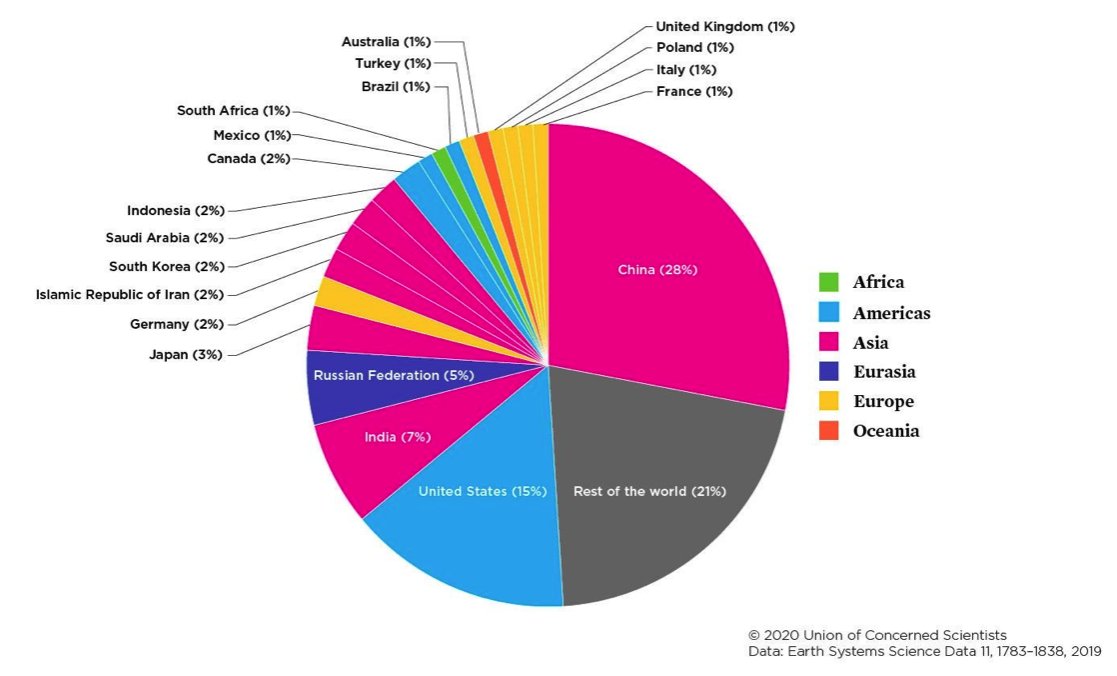
Important new paper from the man whose work @thegwpfcom cites as evidence that offshore wind costs are not falling, clarifying that his work shows nothing of the kind sciencedirect.com/science/articl…
Two years ago John Aldersey-Williams of @redfieldconsult and @RobertGordonUni showed that the apparent levelised cost of electricity from operating offshore wind farms, derived from company accounts, was in some cases higher than the strike prices agreed in recent #CFD auctions
That paper covered wind farms commissioned as far back as 2003 (North Hoyle), long before the current competitive #CFD auctions came in. It found no trend in costs, either up or down, instead concluding that costs varied between individual projects depending on circumstances 

The new paper addresses head-on 'misreporting' and 'misinterpretation' of the 2019 conclusions, in particular articles such as @mattwridley's Telegraph piece of Nov 2020 telegraph.co.uk/news/2020/11/2…...
...in which Ridley claims the 2019 paper 'shows both capital and operating expenditures of offshore wind farms continue to rise.' Note both the difference in tense between the academic paper and the newspaper article, and the fact that 'no trend' has become 'rising'
As Aldersey-Williams et al write in the new paper, the offshore wind industry is changing so quickly that their historical analysis is 'an inappropriate and unreliable basis from which to speculate about the costs of future offshore wind farms.'
Two factors in particular are reducing costs. One is technology - bigger, more efficient turbines that can be suited further offshore. The second is less obvious but more important - the lower cost of capital resulting from the price stability of #CFD contracts
This alone can reduce the levelised cost of electricity from new offshore wind farms by about 20-30%, the paper shows
@thegwpfcom's claim that offshore wind costs are not falling and probably rising has never passed even the most basic 'sniff test'. Were it true, some of Europe's biggest energy players would wilfully and voluntarily be exposing themselves to huge levels of risk -
- and the UK would be bucking the global trend of rapidly falling renewables costs. Hopefully this new paper will put the argument to bed once and for all. The link, once again, sciencedirect.com/science/articl… -
- and the main conclusion, again: '...exercise due caution when considering speculative and extrapolative interpretations of this work, and indeed in any attempt to extrapolate the future from past costs in this fast-moving sector.'
• • •
Missing some Tweet in this thread? You can try to
force a refresh









